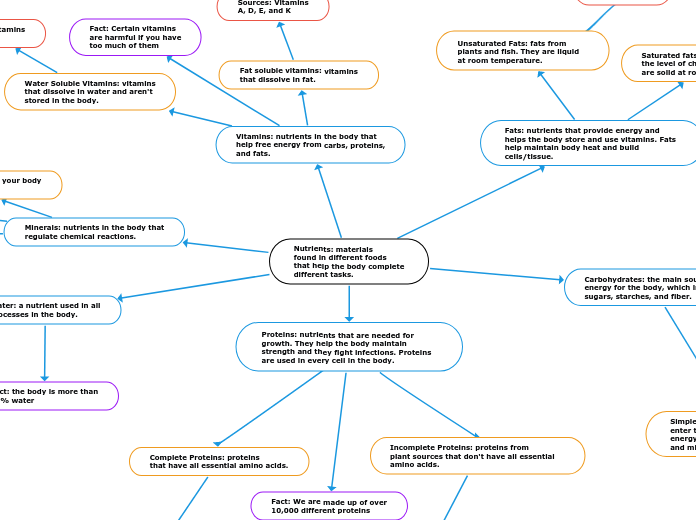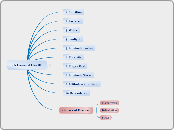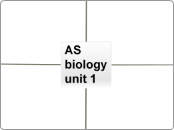door Ian Mentzer 2 jaren geleden
128
Nutrients: materials found in different foods that help the body complete different tasks.
Nutrients are essential components found in foods that assist the body in various functions. Fats, a type of nutrient, provide energy and aid in storing and utilizing vitamins. They also help maintain body heat and build cells and tissues.









